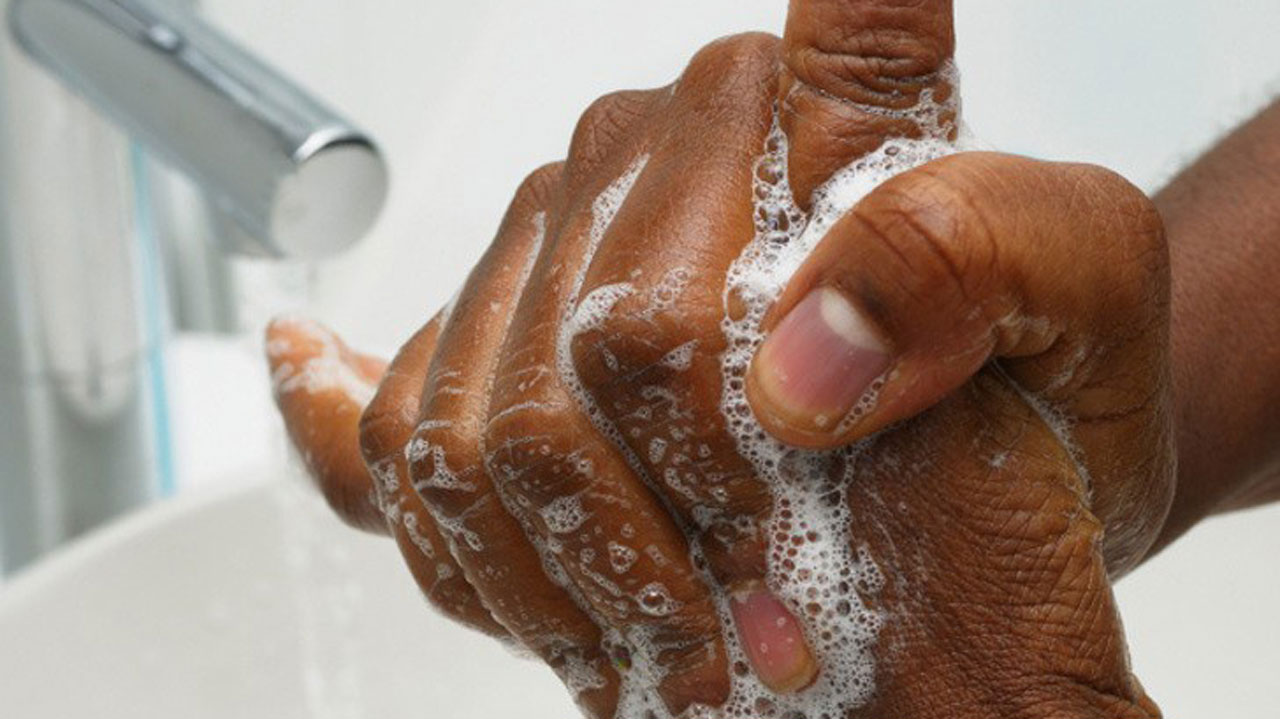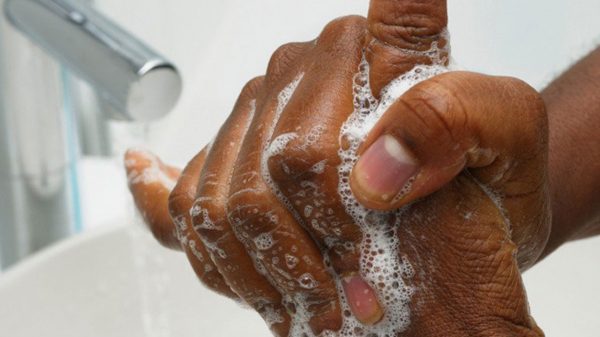Washing your hands is one of the most effective ways to prevent the spread of germs. If you are concerned about controlling the spread of germs from one person to another, then you need to keep your hands constantly clean. You also need to promote the culture of hand washing in your home, workplace, schools, etc. Washing hands with soap and water is the best way to get rid of germs you must have gotten from surfaces.
Read more about Wellness
Follow these steps when you want to wash your hands:
1. Wet your hands with clean, running water ( should be either warm or cold), and apply soap.
2. Rub your hands together with the soap. Also, gently lather the backs of your hands, between your fingers, and under your nails.
3. Continue that way for at least 20 seconds.
4. Rinse your hands well under the clean, running water.
5. Next, dry your hands using a clean towel or you can air dry them.
If there are no soap and water available, using an alcohol-based hand sanitiser that contains at least 60% alcohol is a workable alternative. To tell if the sanitiser contains at least 60% alcohol, look at the product label. Sanitisers are great at reducing the number of germs on their hands in many situations. However, they do not get rid of all types of germs. They may not be effective when your hands are visibly dirty; they may also not be effective if you have some harmful chemicals on your hands.
Sign up for the Connect Nigeria daily newsletter
Apply the hand sanitiser gel to the palm of one hand. Now gently rub your hands together. Continue rubbing the gel over all the surfaces of your hands and fingers until your hands are dry. This should also take 20 seconds.
How Do Germs Spread?
Germs can spread from person to person or from surface to person. You can pick up germs and infect yourself when you:
1. Touch your eyes, nose, and mouth with unwashed hands.
2. Prepare or eat food with unwashed hands.
3. Touch surfaces or objects that have germs on them.
4. Blow your nose, cough, or sneeze into your hands and then touch other people’s hands or common objects.
When Should You Wash Your Hands?
When you wash your hands regularly, you will protect yourself and your family from certain sickness-causing bacteria.
Register to attend the Connect Nigeria Business Mixer
These are the period you are likely going to get and spread germs:
1. Before, during, and after preparing food.
2. Before and after eating food.
3. Being in contact with someone who is sick with vomiting or diarrhoea.
4. Before and after treating a cut or wound.
5. After using the toilet.
6. After blowing your nose, coughing, or sneezing.
7. After touching an animal, animal feed, or animal waste.
8. After touching garbage.
Featured Image Source: The Guardian Nigeria
Got a suggestion? Contact us: [email protected]


